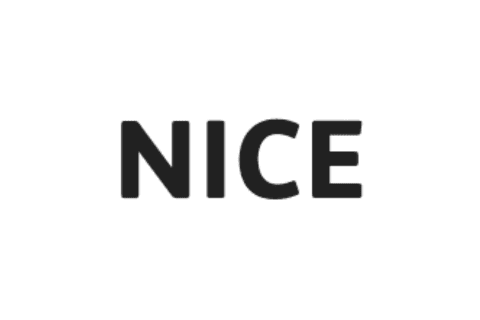The drug can now be used as a monotherapy to treat patients in England and Wales with the three subtypes of advanced SM: aggressive SM (ASM), SM with an associated haematological neoplasm (SM-AHN) or mast cell leukaemia (MCL).
Approximately one in 10,000 people in the UK are thought to be living with SM, with advanced SM accounting for up to 10% of cases.
The disease is caused by the abnormal buildup of mast cells, a key part of the body’s immune system, and leads to symptoms including skin lesions, diarrhoea, bone pain, fatigue and anaphylaxis…













